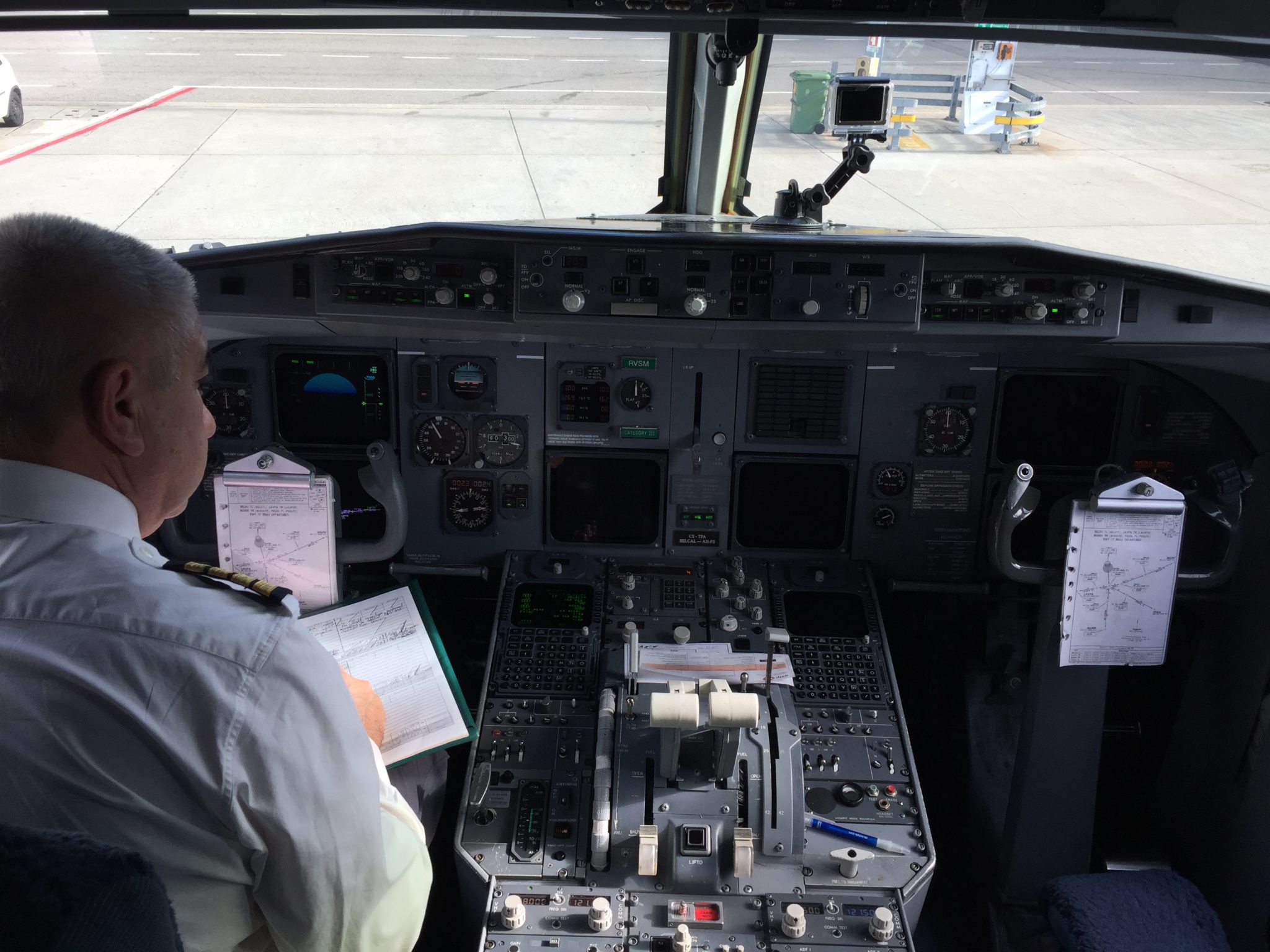
West Africa’s accident investigation agency, the Banjul Accord Group Accident Investigation Agency (BAGAIA), has attributed fewer hull losses on the continent in the past six years thanks to the sharing of information and capacity among member states. Also, states have ensured that safety recommendations have been implemented. West Africa is safer thanks to data sharing.
Although the group did not give statistics of the number of accidents recorded by African carriers in those years, the International Air Transport Association (IATA) 2020 Safety Report disclosed that despite the low global aircraft traffic due to the coronavirus lockdown, Africa still recorded six accidents in the year under review. Two accidents were fatal, both involving turboprop aircraft, adding that this was the same number of fatal accidents that occurred in 2019. In total, there were 38 accidents in 2020 compared to 52 in 2019, of which five were fatal compared to eight the previous year.
IATA stated that the focus in Africa continues to be on accelerating the implementation of the International Civil Aviation Organisation’s (ICAO) safety-related standards and recommended practices (SARPS). This is coming as the Banjul Accord Group Aviation Safety Oversight Organization (BAGASOO) has called for a deeper partnership between the Regional Accident Investigation Organization (RAIO (BAGAIA) and a Regional Safety Oversight Organisation (RSOO) BAGASOO.
Regional Finance and Administrative Manager, Mr. Herbert Jow representing Executive Director of BAGASOO, made this known at the sixth Commission Meeting of the BAGAIA which was held in The Gambia from July 12-14, 2021. He said the organization was mulling the alignment of policies and procedures between the organizations, stressing that it presented an opportunity to work more closely to address common challenges in the sub-region for both member and non-member States.
Jow said: ”We are delighted therefore to emphasize that our presence at this meeting demonstrates our determination to commit to greater collaboration, building on a relationship of mutual support, exchange of ideas, sharing of expertise, and furthering of a fruitful partnership. To start with, we are of the opinion that for uniformity under the umbrella of BAG, for the two organizations to harmonize their corporate administrative policies and procedures (staff rules/financial regulations, etc..) were possible and also align the protocols for the provision of services to our member States and non-member States.”
Collaboration should be extended to the region
Commissioner of BAGAIA, Charles Irikefe Erhueh, expressed the benefits of deepened collaboration among member states. And why that should be extended to the region. “In the last few years, Africa has suffered fewer hull losses as compared to the era when aircraft were dropping out of the skies. In the case of our region with Nigeria as a case study, it has gone six years without a single crash until recently of military crashes, however, this is laudable for us all as Africans because we are learning fast to ensure our safety recommendations are implemented.”
“The entire region is learning from reports that our Member States’ Accident Investigation Bureaus are churning out and with BAGAIA inclusive, we hope to replicate the same efficacy in those countries which may not have the wherewithal to conduct these investigations and make safety recommendations. Our meeting in the past couple of days have not only been revealing but has also shown that with all hands on deck, there is little we cannot achieve as a region with regards to investigating incidents and accidents and putting the results to the service of aviation, and humanity in general,” Erhueh said.
(The Captain on the main picture has in no way involved been involved in an accident that is discussed in this report. It is a file picture from the Airinsight archive)




